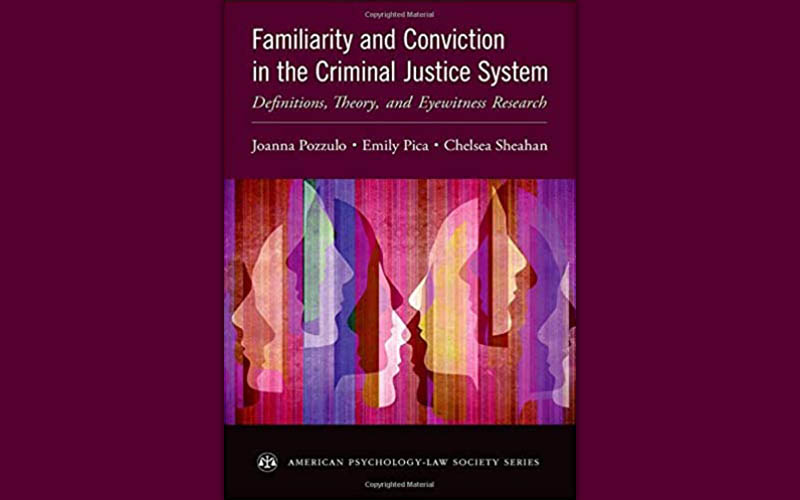 Clarksville, TN – When a crime occurs, what happens when the victim knows the perpetrator? Or more specifically, what happens when they sort of know the suspect? In many cases, eyewitness testimony leads to an easy conviction, but according to Dr. Emily Pica, Austin Peay State University (APSU) assistant professor of psychology, that testimony is sometimes misleading or completely inaccurate.
Clarksville, TN – When a crime occurs, what happens when the victim knows the perpetrator? Or more specifically, what happens when they sort of know the suspect? In many cases, eyewitness testimony leads to an easy conviction, but according to Dr. Emily Pica, Austin Peay State University (APSU) assistant professor of psychology, that testimony is sometimes misleading or completely inaccurate.

“This idea of familiarity is important because in a lot of wrongful convictions, the witness claimed to be familiar with the defendant,” she said.
It’s a topic few researchers have grappled with, but last November, Pica – along with Dr. Joanna Pozzulo and Dr. Chelsea Sheahan, both professors at Carleton University in Ottawa – published “Familiarity and Conviction in the Criminal Justice System: Definitions, Theory, and Eyewitness Research.”
At a time when many in the public are calling for criminal justice reform, the book, published by Oxford University Press, could play an important role in future legal discussions.
In criminal cases, this concept of familiarity doesn’t apply to friends or acquaintances, but rather, according to the authors, “a middle ground” where “the perpetrator may have been seen before, in a different context, or may be someone the eyewitness-victim interacted with on one or two occasions.” The book examines how those “scenarios impact describing and identifying the perpetrator?”

Dr. Brian Cutler, a professor at Ontario Tech University, said the new book “bridges the gap in knowledge between the more commonly studied ‘stranger identification’ and the understudied but nevertheless important problem of mistaken identifications of familiar others.”
As an undergraduate at Mansfield University in Pennsylvania, Pica took a psychology law course, which began her interest in wrongful convictions. She later earned her doctorate in psychology, with a concentration in forensic psychology, at Carleton University, where her research delved deeper into this topic. This summer she’s teaching a wrongful conviction course at Austin Peay State University.
But this isn’t the only instance of Pica tackling a timely subject with her research. Last month, Routledge Press published a new book edited by the APSU professor and her two Carleton colleagues, “Memory and Sexual Misconduct: Psychological Research for Criminal Justice.”
“With the rise of the #MeToo movement, we decided the book was very timely,” Pica said. “It uses well-known case studies of sexual misconduct, and some of the best researchers in the field contributed to it.”
The work is a collection of scholarly essays from around the world, giving the topic an international perspective.
“It shows what’s going on around the world, not just in the United States,” Pica said. “It shows where we are with the research, and what else needs to be done. You’d think we’d be farther along.”
Both books are available at amazon.com.
For more information on Austin Peay State University’s Department of Psychological Science and Counseling, visit www.apsu.edu/psychology.



